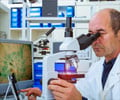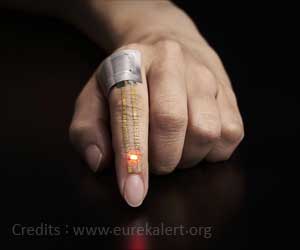Scientists are now recruiting dogs as research models to study genetic mutations that led to diseases in humans.
In what is a major deviation from conventional paths, scientists are now recruiting dogs as research models to study genetic mutations that lead to diseases in humans.
"Dogs get very similar diseases to humans," said Kerstin Lindblad-Toh of Uppsala University in Sweden and the Broad Institute of MIT and Harvard, Cambridge, Massachusetts."If you ask a dog owner what sort of conditions their pets get, they will say cancer, allergies, eye diseases," the researcher added.
Speaking at the European Science Foundation's 3rd Functional Genomics Conference in Innsbruck, Austria, Lindblad-Toh said that many canine diseases could share the same genetic basis in humans and dogs.
Given that there are different dog, according to the researcher, it is often easier to detect a genetic flaw that leads to a disease than it is in humans.
According to Lindblad-Toh, any rogue gene discovered in the dog could make it easier to look for mutations in the same gene in man.
"For example we have found genetic mutation that results in a condition called day blindness that can affect dachshunds," Lindblad-Toh said.
Advertisement
A new European consortium has been set up called LUPA, where twenty veterinary schools from 12 countries spread across Europe will work together to collect 10,000 DNA samples from purebred dogs, comparing healthy animals with those affected by similar diseases as human.
Advertisement
The four-year project aims initially to pinpoint genetic markers for dog diseases, and help to reduce the high level of inherited disease in purebred dogs.
The identification of these genes implied in disease development will help to understand the mechanisms and pathways of the pathology.
"We want to find a lot of risk factors and bring them back to human patients over the next few years," Lindblad-Toh said.
Source-ANI
RAS/SK









